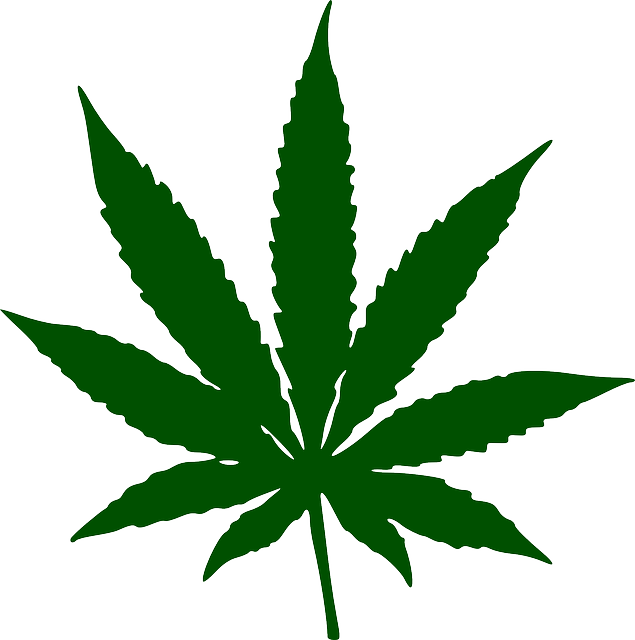The article examines the therapeutic benefits of THCA and CBD as natural aids for sleep improvement. THCA, a non-psychoactive compound found in cannabis, interacts with the endocannabinoid system to potentially enhance sleep patterns and architecture. Unlike its psychoactive counterpart THC, THCA offers sedative effects without altering consciousness, making it a promising option for those with sleep disturbances. CBD is also noted for its calming properties that can improve sleep quality by reducing anxiety and pain. The article compares THCA and CBD, highlighting their distinct advantages for sleep while noting the importance of ongoing research to fully understand their potential. Both compounds show promise, with THCA particularly notable for its sedative effects conducive to sleep. Users are cautioned to consider personal needs and consult healthcare professionals before incorporating these substances into their health regimen. The legal status of THCA and CBD varies, influenced by the 2018 Farm Bill and local regulations, so it's essential to ensure compliance with federal and state laws. For individuals interested in exploring THCA or CBD for sleep enhancement, the article emphasizes the importance of selecting high-quality, lab-tested products to guarantee safety and effectiveness.
Explore the transformative role of THCA flowers in enhancing sleep quality, as we compare their effects with those of CBD. This article delves into the scientific underpinnings of THCA’s impact on slumber and guides you through integrating this cannabinoid into your nighttime rituals for restful repose. Navigate the complex legal terrain surrounding THCA and CBD to understand how these compounds can legally aid in sleep relief. Join us as we unravel the potential benefits of THCA flower tips for a better night’s sleep.
- Unraveling THCA Flower's Potential for Sleep: A Comparative Look at THCA vs. CBD
- The Science Behind THCA and Its Impact on Sleep Quality
- How to Incorporate THCA Flower into Your Nighttime Routine for Better Rest
- Understanding the Legal Landscape of THCA and CBD for Sleep Relief
Unraveling THCA Flower's Potential for Sleep: A Comparative Look at THCA vs. CBD
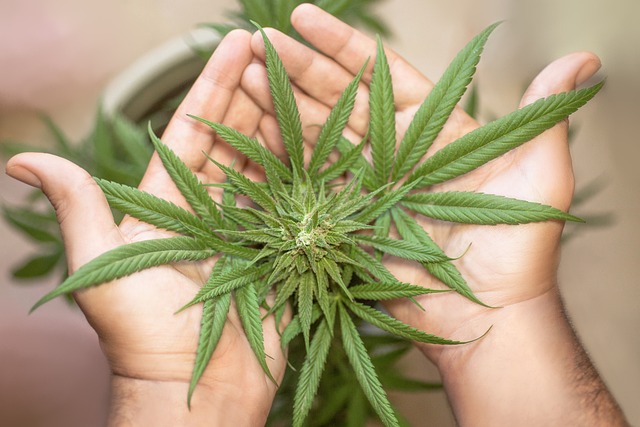
The potential therapeutic properties of THCA, or tetrahydrocannabinolic acid, a non-psychoactive precursor to THC found in cannabis plants, have garnered significant attention within the realm of natural sleep aids. Research suggests that THCA may interact with the body’s endocannabinoid system, influencing sleep patterns and architecture. Unlike its psychoactive counterpart, delta-9-THC, THCA does not induce a high but has been observed to exhibit sedative qualities, which could be beneficial for individuals seeking support for sleep disturbances. In contrast, CBD, or cannabidiol, is another cannabinoid gaining popularity for its calming effects and potential sleep benefits without the psychoactive impact of THC. Studies have indicated that CBD may enhance overall sleep quality by reducing anxiety and pain, common culprits of sleep disruption. When comparing THCA vs CBD for sleep, it’s evident that both compounds offer unique advantages. While THCA’s sedative properties are still being investigated, preliminary findings are promising, suggesting it could be a viable alternative or complement to CBD for those experiencing sleep issues. Users interested in exploring the benefits of these cannabinoids should consider their individual needs and consult with healthcare professionals to determine the most appropriate option for their specific situation.
The Science Behind THCA and Its Impact on Sleep Quality
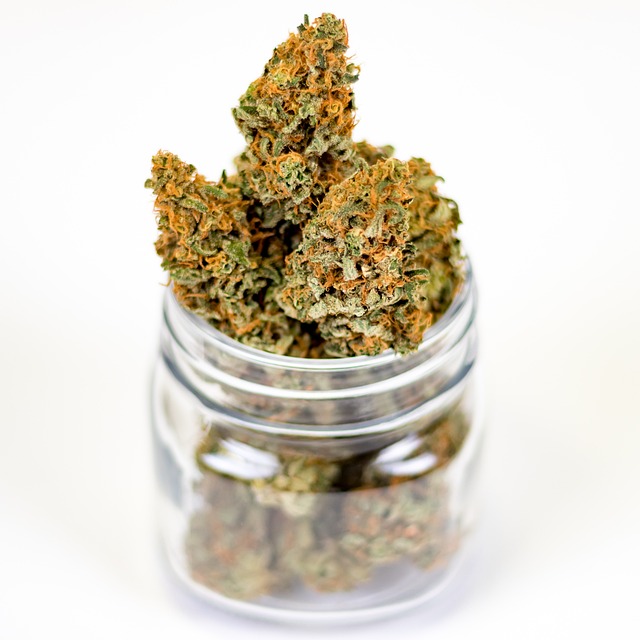
Delta-9-tetrahydrocannabinolic acid, commonly known as THCA, is a non-psychoactive cannabinoid found in raw cannabis plants that has garnered attention for its potential therapeutic properties. Unlike its well-known isomer delta-9-THC, THCA does not induce psychoactive effects, making it a safer option for individuals seeking relief without the high. Emerging research suggests that THCA may interact with the body’s endocannabinoid system, influencing sleep patterns and quality. This interaction could potentially lead to more restful sleep by modulating the sleep-wake cycle.
In the realm of sleep enhancement, THCA is being compared favorably to CBD, another non-psychoactive cannabinoid. While both compounds have been studied for their impact on sleep quality, THCA may hold a unique advantage. It is believed that THCA could influence sleep architecture more effectively by promoting a balance between deep REM sleep and other sleep stages, leading to a more rejuvenating rest. This is particularly promising for individuals experiencing sleep disturbances or those seeking natural alternatives to improve their nightly repose. As such, when considering cannabinoids for sleep quality improvement, THCA versus CBD for sleep presents an intriguing comparison that warrants further scientific investigation.
How to Incorporate THCA Flower into Your Nighttime Routine for Better Rest
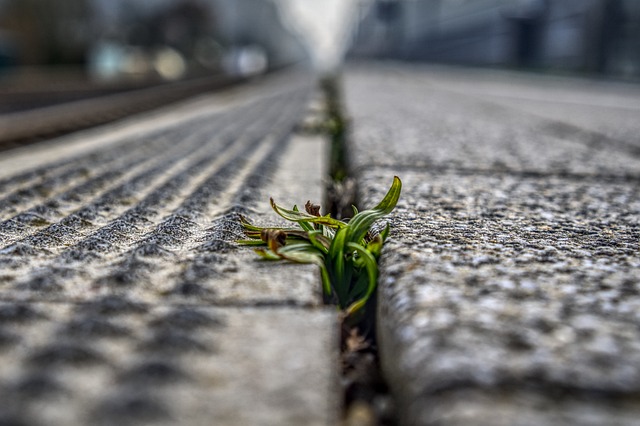
Incorporating THCA flower into your nighttime routine can be a natural approach to enhancing restfulness and promoting better sleep, particularly when compared to CBD. THCA, or tetrahydrocannabinolic acid, is the raw form of THC found in cannabis plants. Unlike its psychoactive counterpart THC, THCA is non-psychoactive, making it a suitable option for those seeking relaxation without mind-altering effects. Studies suggest that THCA interacts with the body’s endocannabinoid system, potentially influencing sleep architecture and improving overall sleep quality. To effectively use THCA flower for sleep, consider consuming it in the evening or right before bedtime. This timing allows the compound to take effect during your resting hours when your body is naturally more receptive to entering a deeper state of rest.
When choosing between THCA and CBD for sleep, it’s important to understand the differences in their effects. While both compounds can contribute to a night of quality rest, THCA is often preferred for its sedative properties. It’s recommended to experiment with dosages as individual sensitivity varies. Begin with a low dose to gauge how your body responds and adjust accordingly. Additionally, the method of consumption—whether through inhalation, edibles, or sublingual application—can influence the onset and duration of effects. A consistent nighttime routine that includes a THCA flower regimen can help establish a stable sleep-wake cycle, leading to more restorative sleep and improved overall well-being. Always ensure you’re sourcing your THCA flowers from reputable suppliers, and consult with a healthcare professional before integrating it into your wellness regimen, especially if you have underlying health conditions or are taking other medications.
Understanding the Legal Landscape of THCA and CBD for Sleep Relief
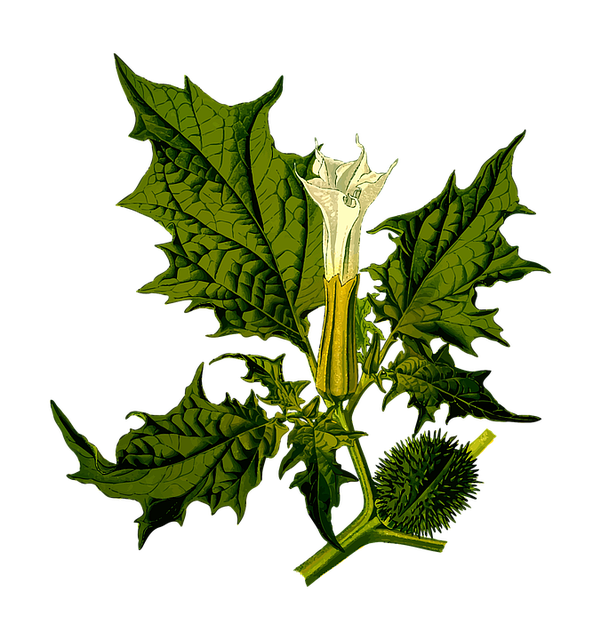
Navigating the legal landscape of cannabinoids can be complex, but it’s crucial for individuals seeking natural remedies like THCA and CBD for sleep relief. THCA, or tetrahydrocannabinolic acid, is the raw form of THC found in raw cannabis plants. Unlike its psychoactive counterpart THC, THCA doesn’t induce a high but has been studied for its potential therapeutic benefits, including promoting better sleep. On the other hand, CBD, or cannabidiol, is non-psychoactive and widely recognized for its calming effects without the mind-altering properties of THC. Both compounds have unique interactions with the body’s endocannabinoid system, which plays a significant role in regulating sleep cycles.
The legality of THCA and CBD varies by jurisdiction, making it essential to understand the specific laws in your area before use. While many states and countries have legalized or decriminalized cannabis for medical and recreational purposes, regulations regarding hemp-derived products with THCA or CBD can differ significantly. For instance, the 2018 Farm Bill legalized hemp-derived CBD with less than 0.3% THC at the federal level in the United States, paving the way for a burgeoning market of CBD products intended to aid sleep and other health issues. However, it’s imperative to verify local regulations, as state laws can dictate the sale and possession of these products. Consumers looking for THCA or CBD for sleep relief should prioritize high-quality, lab-tested products to ensure safety and efficacy, aligning with the evolving legal and medical understandings surrounding cannabinoids.
When exploring the relationship between cannabinoids and sleep, the article has shed light on the potential of THCA flower as a natural aid. The comparative analysis between THCA and CBD for sleep reveals promising aspects of THCA’s impact on sleep quality, backed by scientific research. Readers have learned practical ways to integrate THCA flower into their nighttime routines, aiming for improved rest. Additionally, the article has navigated the complex legal considerations surrounding the use of THCA and CBD for sleep relief, ensuring readers are well-informed about compliance and legality. Overall, the discourse presents a compelling case for considering THCA as a viable alternative or complement to traditional sleep remedies, particularly in the context of CBD comparison for sleep.
